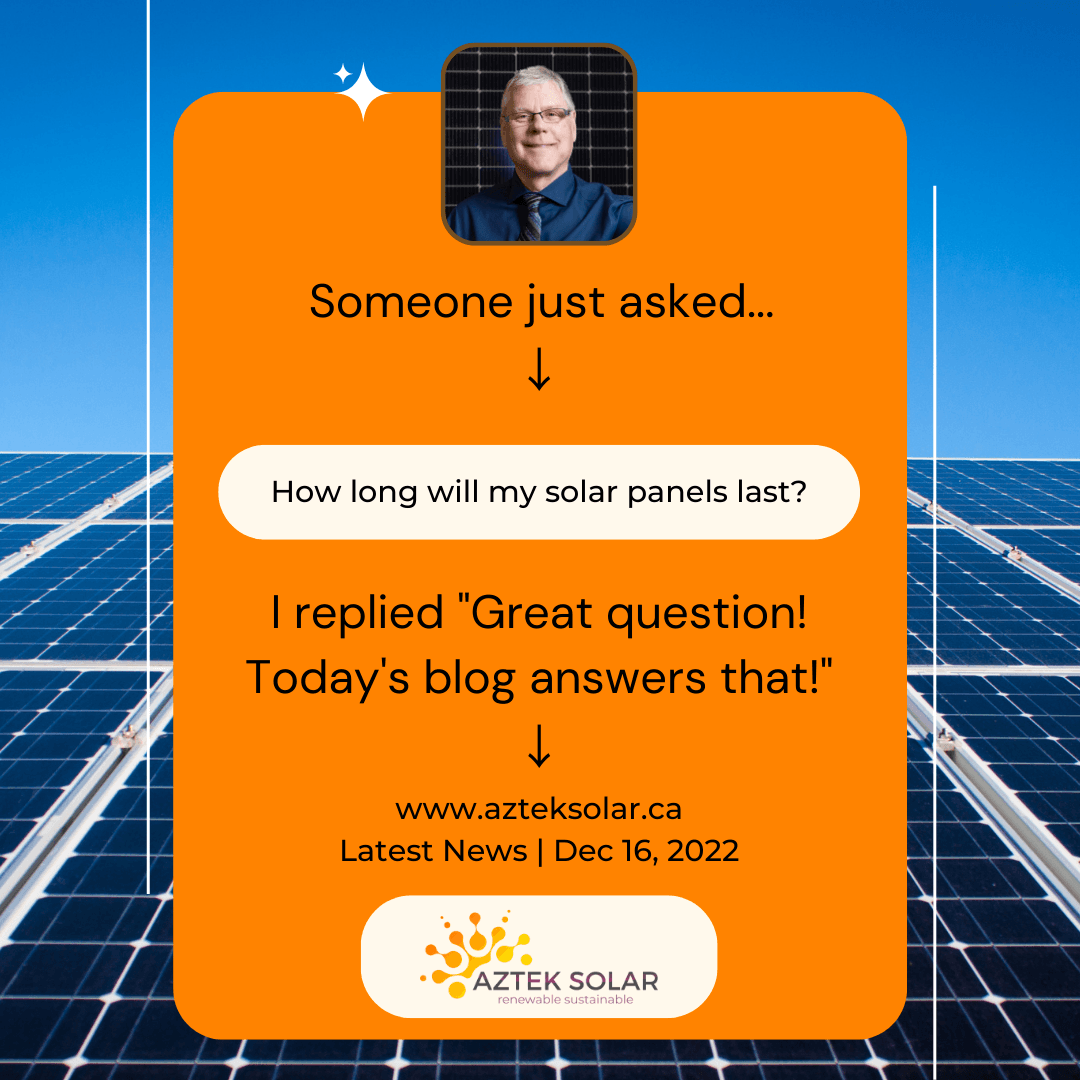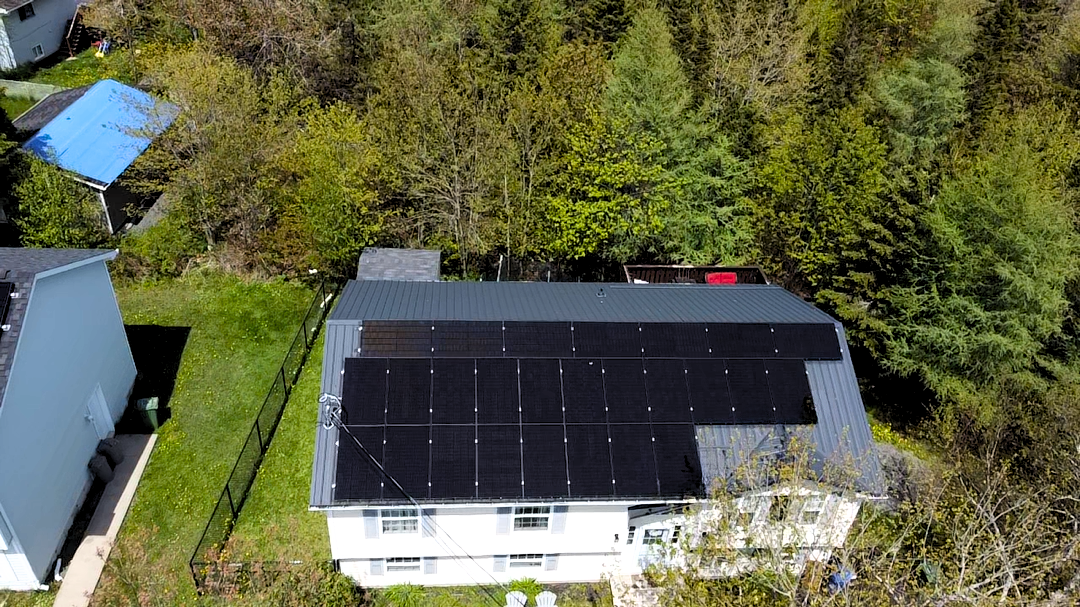How Long Will My Solar Panel System Last?
The usage of solar panels has increased dramatically in recent years. It has brought a slew of perks to homeowners who use the sun's rays: reducing energy costs, increasing the value of their homes, and reducing their carbon footprint. But solar panels also come at a steep price upfront. And before making a large investment in buying solar panels, homeowners naturally want to understand how many years of use they'll get out of them.
Below we'll answer the question of how long solar panels last, as well as some of the factors that affect their lifespan and how you can make them last longer to capture the most rays for your money.
↓

The Lifespan of Solar Panels
Solar panels, also known as photovoltaic or PV panels, are made to last more than 25 years. In fact, many solar panels installed as early as the 1990s are still working at the expected capacity. Not only are solar panels remarkably reliable, but solar panel longevity has also increased dramatically over the last 20 years. In addition to decades of effective performance, many solar manufacturers back their products with performance guarantees in their warranties.
Remember that expected solar panel life expectancy doesn’t mean the panels on your roof will stop producing electricity after a few decades. It means their energy production will decrease by what solar panel manufacturers consider optimal to meet the average Canadian family’s energy needs.
The key factor in making solar panels last: The panel degradation rate.
A 2012 study by the National Renewable Energy Laboratory (NREL) found that, on average, solar panel output falls by 0.8 percent each year. This rate of decline is called the solar panel degradation rate.
Though this rate of decline metric will vary depending on which panel brand you buy, premium manufacturers offer degradation rates as low as 0.3%.
Solar panel degradation rates are constantly improving as solar panel technology improves over the years, and degradation rates below 1% are common throughout the industry. More efficient technologies have been developed since this 2012 study was conducted, and many newer panels have just a 0.5 percent yearly decline in energy output (or better!).
Factors That Affect Solar Panel Lifespans
Some factors that affect solar panels’ lifespans—such as climate and extreme weather events—are beyond your control. Still, there are ways in which you can increase the longevity of your solar panels.
Quality
The quality of your panels makes a significant long-term difference to the output. For an indication of what type of output you can expect, look at the production warranty offered by the manufacturer. Companies that offer 25 or more years are willing to stand by their products for a long time—and that’s a good sign for you.
Installation
By working with an experienced installer to get your solar panels in place, you can feel confident that the racking will support the panels long-term. If improperly installed and wired, your solar panels may degrade faster. Many of the best solar companies also offer maintenance checks to ensure the system is operating properly and to catch any issues before they become larger problems.
Maintenance
Besides the savings potential and the environmentally friendly benefits, one of the biggest selling points of solar panels is that they are quite low-maintenance.
However, if you want to extend your solar panels’ lifespan, it can help to take care of them.
For example, debris that accumulates on solar panels not only blocks access to the sun but can also cause scratches and chips on the panels that lead them to break. To avoid situations like this, it’s wise to regularly clean off your solar panels or install solar panel critter guards.
Conclusion
Solar Panels have a warranted life of 25 years, but they can keep producing electricity even after that. The only difference is that their electricity production is reduced depending upon their degradation rate. You will need to decide if your panels need to be replaced or not. For this purpose, you need to see if they are fulfilling your electricity demands or not. If they are, then there is essentially no need to make a replacement.
Similarly, if you have maintained your panels and they do not have microcracks or broken plates, you can keep using them. Always make sure to keep a close check on your system’s production and see if they need to be cleaned occasionally to ensure maximum life duration.
Thanks for reading!
Brian McKay
aka The Solar Guy 😎


For more information about a Solar Energy Solution, including Whole Home Solar PV and Solar Pool Heating solutions for your home or business, please contact AZTEK SOLAR for your free on-site evaluation and ask about the $3,000 cash-back rebate now available.
AZTEK SOLAR is a leading Nova Scotia residential and commercial solar installer, serving Halifax, Dartmouth and the surrounding areas throughout rural Nova Scotia.
With expertise in a wide variety of systems, including Solar PV (grid-tied) systems, solar hot water and solar pool heating systems, AZTEK SOLAR has helped hundreds of Atlantic Canadian homeowners, farm operations, business owners and municipalities lower their energy bills while reducing their carbon footprint.
#SolarIsNow #RenewableEnergy #AztekSolar


